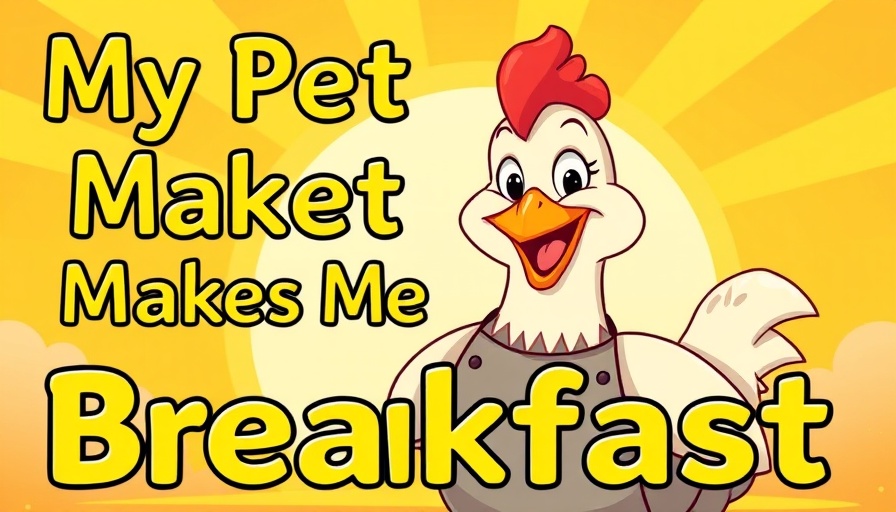
Understanding Egg Binding in Hens
Egg binding is a critical condition in hens where they cannot pass an egg, leading to various health complications. This situation can arise due to several factors, including obesity, lack of exercise, or calcium deficiencies. Owners should closely observe their flock for signs of distress—such as lethargy, straining, or a failure to lay eggs—indicative of this condition.
Signs of Distress and When to Intervene
In cases of egg binding, timing is crucial. If the hen has been straining for more than 24 hours without laying, immediate veterinary attention is necessary. A thorough examination can provide insights into the severity of the issue. In cases of severe distress with no improvement or risk of significant suffering, the decision to euthanize may be the most humane route.
Potential Treatment Options
Prior to considering euthanasia, it is essential to explore treatment options, such as administering calcium supplements or using lubricants to assist with the passage of the egg. Consulting with an avian veterinarian can facilitate a thorough review of the options available based on the specific condition of the hen.
Ethical Considerations in Veterinary Care
Deciding to end life is fraught with emotional challenges for any pet owner. The guiding principle should always be the welfare of the animal. If a hen's quality of life has greatly diminished, and chances of recovery are minimal, then humane euthanasia could prevent prolonged suffering—highlighting the importance of prompt professional assessment.
In summary, understanding the signs of egg binding, recognizing when to seek help, and knowing potential treatment options are critical for any hen owner. The welfare of the animal should remain at the forefront of any decision-making process.
 Add Row
Add Row  Add
Add 




 Add Row
Add Row  Add
Add 

Write A Comment